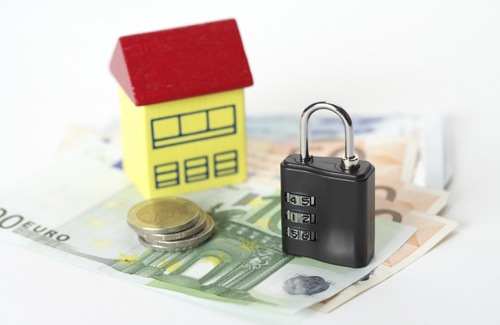Instruction
1
According to the Constitution of the Russian Federation, a person may be deprived of his property only by a court. But one other authority cannot arbitrarily deprive a person of his property. Most often this question arises in connection with real estate. However, even if the person does not live in the apartment and not registered to her, he still remains the owner with all rights and responsibilities.
2
The basis for deprivation of property rights may be the following: confiscation, requisition, repossession of property for the obligations of the owner. That is, the property can be selected as dishonestly acquired by a court judgment or taken away for debts. For example, if the man took the money in the debt on a mortgage secured by existing apartment and could not fulfill their obligations, the apartment is taken in favor of the Bank. However, this is an extreme measure. As a rule, even banks are making concessions and prefer to renegotiate than to take property. In addition, if in the room live is a minor, the dispossession and eviction is carried out only with the permission of body of guardianship and guardianship and it is granted only if the children have different housing.
3
In some cases, the right of ownership of the property is taken in favor of the state. This occurs if, for example, the living room needed for placement of objects of state or municipal significance. In this case, the owner must pay compensation amounting to the market value of housing at the moment.
4
The question often arises of depriving of ownership of the apartment and eviction in non-payment of utility bills. However, under article 236 of the Civil code, people can only voluntarily give up the right of ownership to any property, deprive of his home and evicted by force, nobody has the right. If the apartment is not privatized, the eviction is carried out in a hostel in the smallest area.
